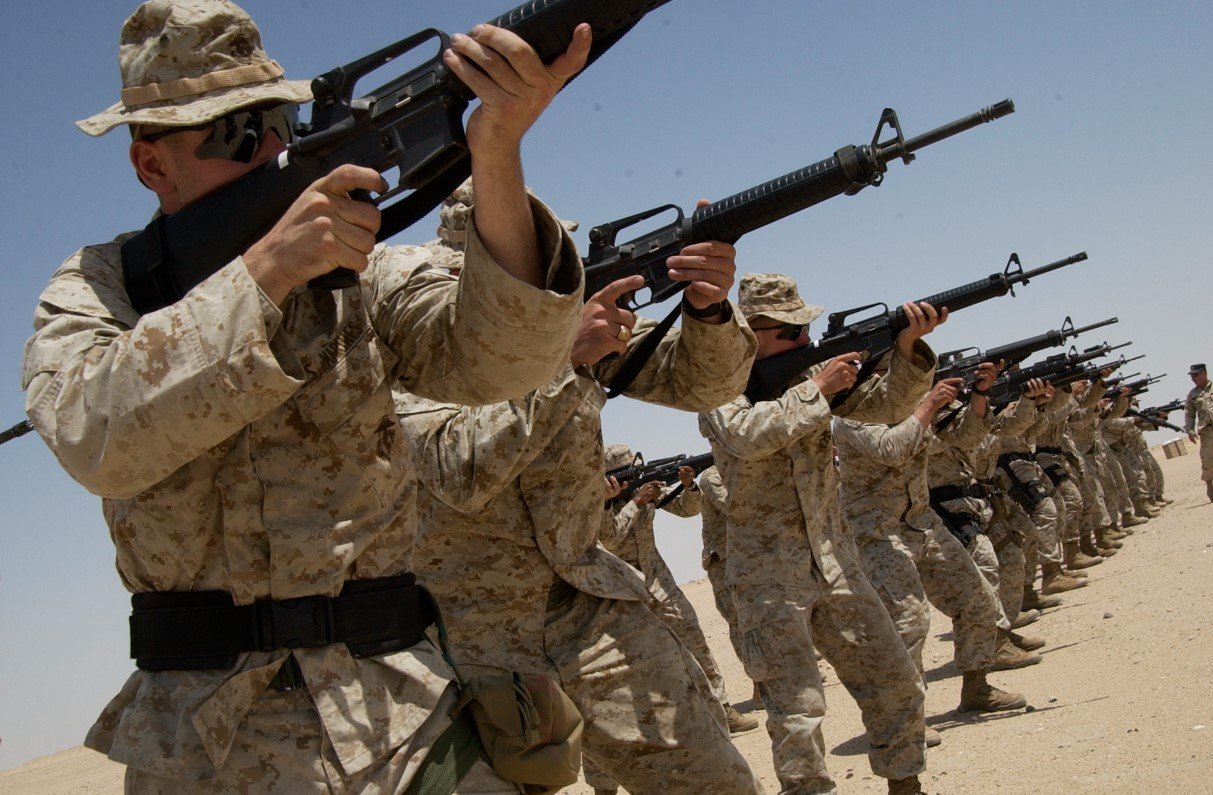In Decimomannu, Sardinia, eighty students from ten nations are undergoing advanced training on the latest generation of combat aircraft at the International Flight Training School (IFTS). This academy, a collaboration between Leonardo and the Italian Air Force, offers an accelerated program to military pilots from air forces around the world. The training includes cutting-edge facilities and hi-tech simulators, preparing students for the final phase of their training before entering the F-35 cockpit.
Advanced Training Facilities
The International Flight Training School (IFTS) in Decimomannu is equipped with state-of-the-art facilities that provide comprehensive training for future military pilots. The academy boasts a fleet of twenty-two M-346 aircraft, which are used in conjunction with advanced simulators to create a mixed training environment. This combination of real and virtual training allows students to experience a wide range of scenarios, enhancing their skills and readiness for real-world missions.

The training approach at IFTS focuses on the individual capabilities of each student. By tailoring the training to the needs of each pilot, the academy ensures that every trainee receives the best possible preparation for their future roles. This personalized approach is a key factor in the success of the program, as it allows students to develop their skills at their own pace.
In addition to the practical training, the academy also provides theoretical instruction to ensure that students have a solid understanding of the principles behind their training. This combination of practical and theoretical education creates a well-rounded training experience that prepares students for the challenges they will face in their careers.
International Collaboration
The IFTS is a result of a collaboration between Leonardo and the Italian Air Force, bringing together expertise from both organizations to create a world-class training program. This partnership has allowed the academy to develop a curriculum that meets the highest standards of military aviation training. The involvement of Leonardo, a leading aerospace company, ensures that the training incorporates the latest technological advancements in the field.
Students from ten different nations attend the IFTS, making it a truly international training environment. This diversity not only enhances the learning experience but also fosters a sense of camaraderie among the trainees. By training alongside peers from different countries, students gain valuable insights into different approaches to military aviation, broadening their perspectives and enhancing their skills.
The international nature of the IFTS also reflects the global nature of modern military operations. By training in a multinational environment, students are better prepared to work in international coalitions and joint operations, which are increasingly common in today’s military landscape.
Cutting-Edge Technology
One of the key features of the IFTS is its use of cutting-edge technology to enhance the training experience. The academy’s advanced simulators allow students to practice a wide range of scenarios in a controlled environment, providing valuable experience without the risks associated with real-world training. These simulators are designed to replicate the experience of flying the M-346 aircraft, providing a realistic training experience that prepares students for actual flight operations.
In addition to the simulators, the academy also uses advanced training aids such as virtual reality (VR) and augmented reality (AR) systems. These technologies provide immersive training experiences that enhance the learning process and help students develop their skills more effectively. By incorporating the latest technological advancements into the training program, the IFTS ensures that its students are well-prepared for the challenges of modern military aviation.
The use of technology at the IFTS is not limited to flight training. The academy also uses advanced systems for mission planning and debriefing, allowing students to analyze their performance and identify areas for improvement. This comprehensive approach to training ensures that students receive a well-rounded education that prepares them for all aspects of their future roles.




































